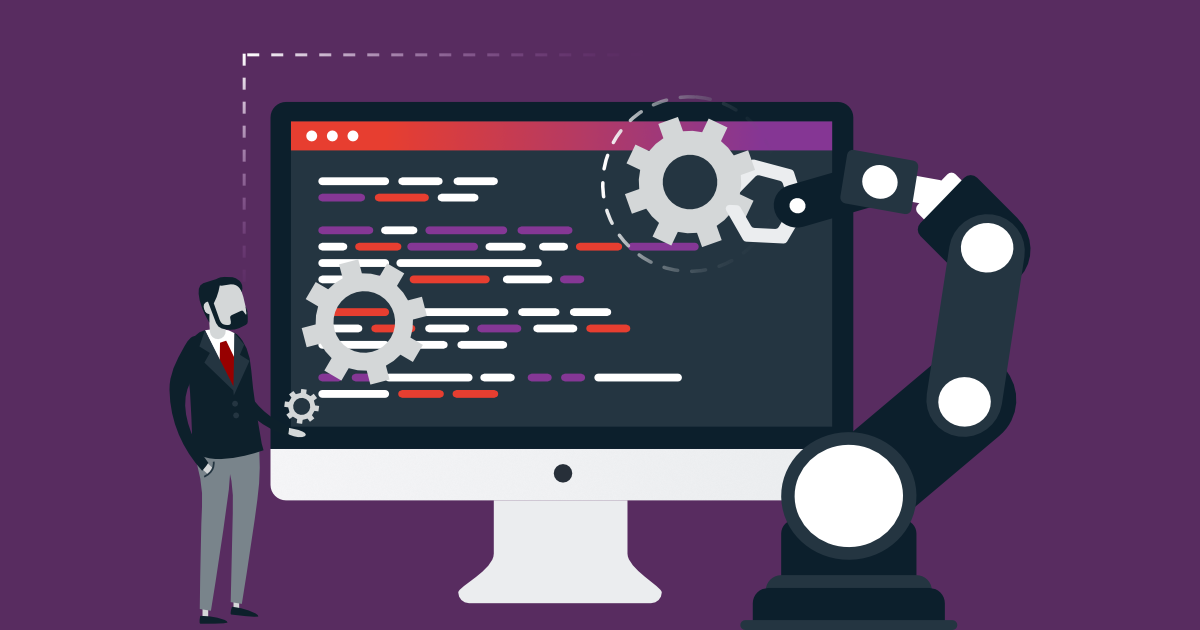Low-Code Platforms for Enterprise Software Development: Revolutionizing Digital Transformation

In the rapidly evolving digital world, enterprises are constantly searching for innovative ways to improve their software development processes. Traditional methods, while reliable, are often slow and resource-heavy. This is where low-code platforms for application development offer a game-changing solution. These platforms enable businesses to speed up application creation and deployment, modernize outdated systems, and adapt to changing business requirements with greater ease.
What is a Low-Code Platform?
A low-code platform for enterprise software application development simplifies how applications are built by reducing the reliance on manual coding. It allows both professional developers and business users, known as citizen developers, to create applications using drag-and-drop tools, pre-designed templates, and automated workflows. This streamlined approach enables businesses to develop and launch enterprise software far faster than traditional coding methods.
By harnessing low-code platforms, organizations can achieve their digital transformation goals. These platforms empower companies to automate processes, enhance operational efficiency, and integrate the latest technologies, all while easing the workload on IT teams.
Benefits of Low-Code Platforms in Enterprise Software Development
- Accelerated Development and Launch Times
Speed is critical in today’s competitive market. Low-code platforms drastically reduce the time required to design, build, and deploy enterprise applications. By leveraging pre-built components and visual development tools, businesses can shorten development timelines by up to 80%, enabling quicker responses to market changes, regulations, and customer needs.
Explore the advantages of low-code platforms for application development. - Empowering Non-Technical Users
One of the standout features of low-code platforms is their ability to involve non-technical staff, or citizen developers, in the application-building process. These tools enable business users to address specific operational challenges independently, reducing reliance on IT departments. This not only alleviates IT workloads but also encourages innovation at every level of the organization. - Cost-Effectiveness and Resource Optimization
Traditional development often demands highly specialized skills and long timelines, making it costly. Low-code platforms reduce these costs by eliminating the need for extensive coding expertise and by providing reusable components. This results in significant savings in both development and maintenance. - Scalability and Flexibility
Low-code platforms are inherently scalable, making them suitable for projects of any size, from small departmental apps to enterprise-wide solutions. They integrate seamlessly with existing systems, allowing businesses to build applications that connect with legacy databases, ERP platforms, and cloud services.
Learn more about leveraging AI low-code application development.
Modernizing Legacy Applications with Low-Code Platforms
Legacy systems often form the backbone of enterprise operations, but their outdated infrastructure can hinder efficiency. Legacy application modernization with low-code platforms provides an efficient way to update these systems while preserving their essential functionality.
- Maintaining Core Business Logic
Legacy applications typically house critical business logic that cannot easily be replaced. Low-code platforms allow for incremental modernization, enabling businesses to retain core functionalities while introducing new features like automation and mobile accessibility. - Faster Modernization Processes
Low-code platforms simplify upgrades by providing pre-built modules and integration tools. Instead of completely rewriting applications, businesses can extend the lifespan of their legacy systems by adding modern workflows and features.
Discover how low-code enables legacy application modernization with low code. - Improved User Experience and Performance
Many legacy applications lack modern, user-friendly interfaces. Low-code platforms provide tools to enhance UI/UX design, improving usability and productivity while optimizing application performance.
Building a Future-Ready Enterprise with Low-Code Platforms
The fast-changing technological landscape demands agile and scalable solutions. Low-code platforms help businesses stay ahead by enabling the rapid development of new applications, modernizing legacy systems, and driving continuous innovation.
Investing in low-code platforms ensures that enterprises can adapt to evolving technology and customer needs, making these platforms an essential tool for any business focused on long-term digital success.





